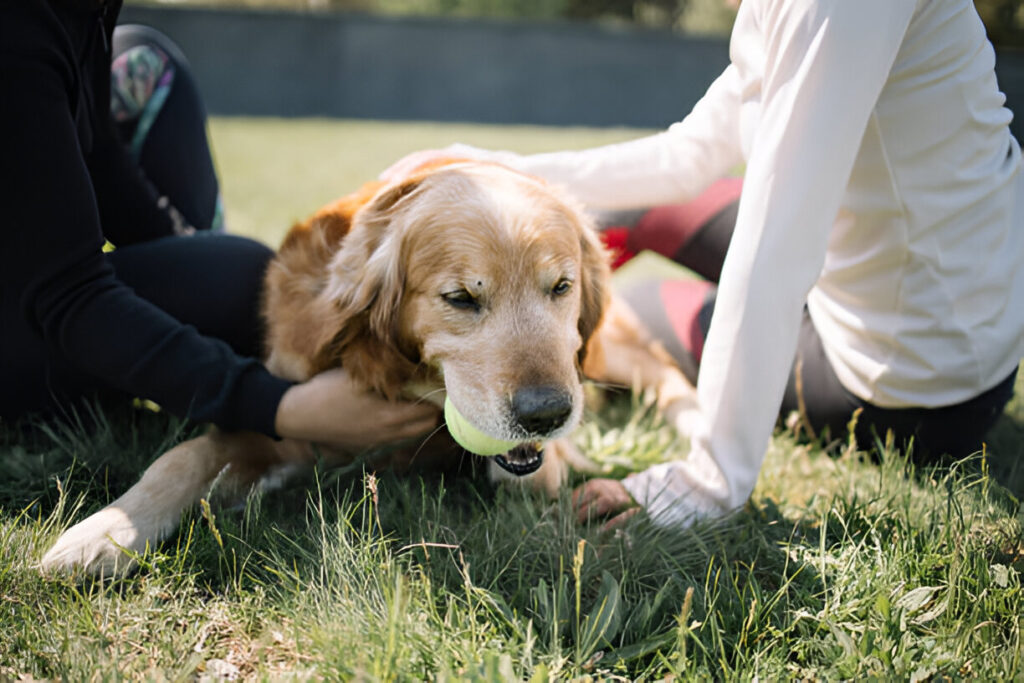
Introduction
As a first-time dog parent who spent countless hours researching and implementing positive reinforcement training methods, I can confidently say that this approach transformed my relationship with my energetic Golden Retriever, Max. This comprehensive guide combines personal experience, expert insights, and scientific research to help you embark on your training journey.
Understanding Positive Reinforcement
Positive reinforcement training isn’t just a trend – it’s backed by science. According to a study published in the Journal of Veterinary Behavior, dogs trained using positive reinforcement methods showed lower stress levels and formed stronger bonds with their owners.
Why It Works
- Builds trust and confidence
- Creates lasting behavioral changes
- Strengthens the human-dog bond
- Reduces anxiety and stress in dogs
- Makes training enjoyable for both parties
Getting Started: Essential Tools
Before beginning your training journey, gather these essential items:
- High-Value Treats
- Small, soft treats for quick consumption
- Various options to prevent boredom
- Zuke’s Mini Naturals are excellent starter treats
- Training Clicker
- Precise marking tool
- Consistent sound signal
- Karen Pryor i-Click is highly recommended
- Treat Pouch
- Hands-free access
- Multiple compartments
- Water-resistant material
Week-by-Week Training Plan
Week 1: Foundation Building
Focus Areas:
- Name recognition
- Basic attention exercises
- Clicker introduction
Pro Tip: Keep training sessions to 5-10 minutes, 3-4 times daily.
Week 2: Essential Commands
Core Skills:
- Sit
- Stay
- Come
- Leave it
Personal Experience: When teaching “come,” I found success using a long training lead in our backyard. This allowed Max freedom while maintaining control.
Weeks 3-4: Leash Training
Key Elements:
- Loose leash walking
- Heel command
- Direction changes
- Distance control
According to certified dog trainer Sarah Wilson from The Modern Dog Trainer, “Consistency is crucial during leash training. Every walk is a training opportunity.”
Weeks 5-6: Advanced Commands
Building Skills:
- Down
- Wait
- Place
- Drop it
Weeks 7-8: Real-World Application
Practical Training:
- Park visits
- Meeting new people
- Encountering other dogs
- Environmental distractions
Weeks 9-10: Fine-Tuning
Advanced Work:
- Distance control
- Duration building
- Distraction proofing
- Multiple command chains
Common Challenges & Solutions
Challenge 1: Treat Dependency
Solution: Gradually reduce treat frequency while maintaining verbal praise and physical affection. According to Dr. Patricia McConnell’s blog, intermittent reinforcement can actually strengthen behaviors.
Challenge 2: Inconsistent Progress
Solution:
- Keep a training journal
- Video record sessions
- Join support groups
- Seek professional guidance when needed
Expert Recommendations
Professional Insights
Dr. Emily Blackwell, animal behavior expert at the University of Bristol, emphasizes: “The timing of rewards is crucial. Aim to mark the desired behavior within half a second of its occurrence.”
Community Success Stories
From the r/dogtraining subreddit:
“Using positive reinforcement transformed my reactive German Shepherd. After 12 weeks of consistent training, she can now calmly pass other dogs on walks.” – u/DogTrainingSuccess
Training Resources
Frequently Asked Questions
1. How long should training sessions be for puppies?
Training sessions should be kept short and sweet, typically 5-10 minutes for puppies under 6 months. Multiple short sessions throughout the day are more effective than one long session. Monitor your puppy’s engagement and end on a positive note before they lose interest.
2. What if my dog isn’t food motivated?
While many dogs are food motivated, some prefer other rewards. Try different motivators like:
- Favorite toys
- Physical attention
- Play sessions
- Life rewards (going outside, meeting people)
- Different types of treats (some dogs prefer cheese or meat over commercial treats)
3. How do I handle setbacks in training?
Setbacks are normal and part of the learning process. If you experience a setback:
- Return to the last successful level of training
- Break the behavior down into smaller steps
- Ensure the environment isn’t too distracting
- Consider keeping a training journal to identify patterns
- Consult with a professional trainer if needed
4. When should I start training my puppy?
Begin basic training as soon as you bring your puppy home (typically 8-12 weeks old). Early training focuses on:
- Socialization
- Basic manners
- House training
- Gentle exposure to new experiences
- Building confidence and trust
5. How do I transition from using treats to real-world rewards?
The process should be gradual:
- Start with continuous reinforcement
- Move to variable ratio reinforcement
- Incorporate life rewards
- Maintain occasional food rewards for harder behaviors
- Never completely eliminate rewards, just vary them
Remember, professional trainers at the Association of Professional Dog Trainers (APDT) emphasize that even well-trained dogs benefit from occasional rewards to maintain reliable behaviors.
